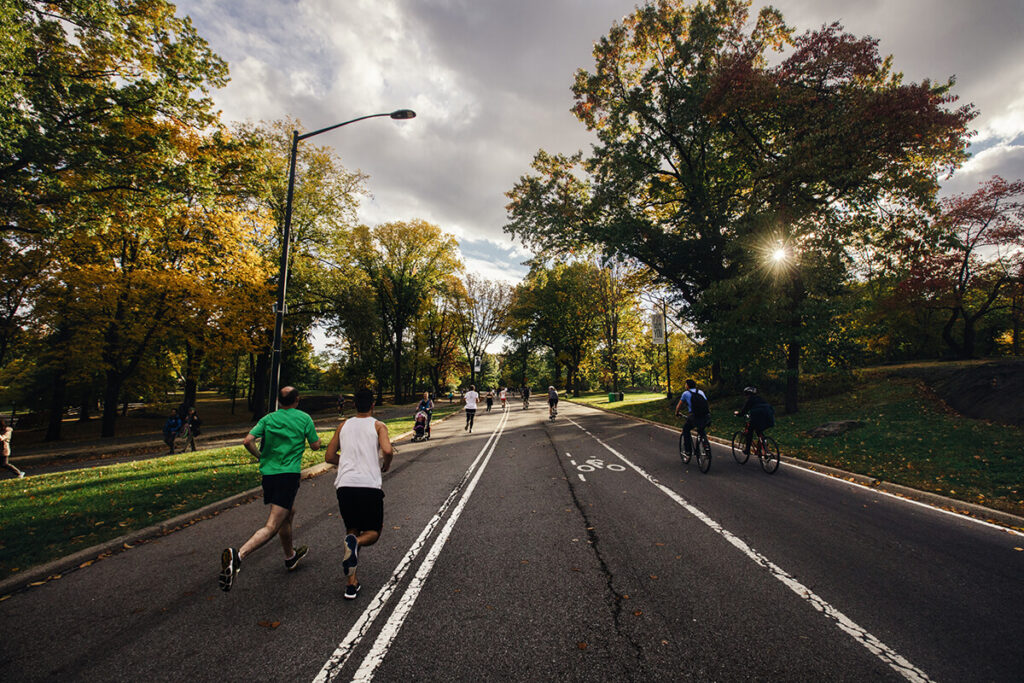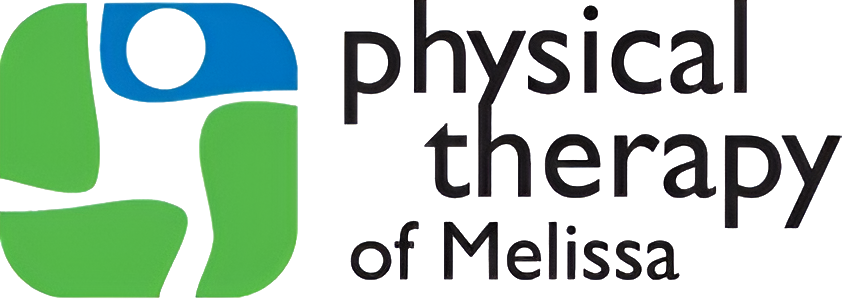
Physical Exercise is Essential for a Strong Memory
While a relationship between the body and mind has long been theorized – 1st Century Roman poet Juvenal once suggested people should pray for “mens sana in corpore sano” (a sound mind in a sound body) over power and wealth – a physiological connection between physical exercise and improved memory has been well-documented scientifically.
“There are plenty of good reasons to be physically active. Big ones include reducing the odds of developing heart disease, stroke and diabetes,” said Heidi Godman, executive editor at the Harvard Health Letter. “Maybe you want to lose weight, lower your blood pressure, prevent depression, or just look better.
“Here’s another one, which especially applies to those of use (including me) experiencing the brain fog that comes with age: exercise changes the brain in ways that protect memory and thinking skills.”
A study by the National Institute on Aging (NIA), published in the journal Cell Metabolism (2016), serves as one of the most recent examples of research connecting the body and the mind. This study showed that when we exercise, muscles release a protein (cathespin B) that appears to generate new cells and improved connections in the hippocampus – a part of the brain that controls memory.
“Overall, the message is that a consistently healthy lifestyle pays off,” said senior author of the study, Dr. Henriette van Praag, a neuroscientist at the NIA. “Moreover, in humans who exercise consistently for four months, better performance on complex recall tasks, such as drawing from memory, is correlated with increased cathespin B levels.”
Again, this is just the latest in an extensive history of scientific research that connects physical exercise with such mental benefits as improved memory, a delay in the onset of dementia and Alzheimer’s disease, and improved mental function for those dealing with the natural effects of aging.
One study by the Mayo Clinic found that adults who regularly engage in moderate aerobic exercise five to six times each week can reduce their risk of mild cognitive impairments (i.e., memory and comprehension) by up to 32 percent thanks to increased blood flow to the brain.
This increase blood flow, some studies suggest, can actually maintain or even increase the size of the hippocampus.
“These theoretically important findings indicate that aerobic exercise training is effective at reversing hippocampal volume loss in late adulthood, which is accompanied by improved memory function,” stated Dr. Kirk Erickson, lead author of a 2011 study funded through the NIA. “But we’ve shown that even moderate exercise for one year can increase the size of that structure. The brain at that stage remains modifiable.”
Besides these direct physiological connections between exercise and the brain, Godman points out other obvious mental and emotional benefits.
“Indirectly, exercise improves mood and sleep, and reduces stress and anxiety,” she said. “Problems in these areas frequently cause or contribute to cognitive impairment.”
A physical therapist is specifically trained to assess and treat people who are dealing with pain, injury, physical deficiencies and other issues that make it difficult for them move or exercise regularly. If a physical roadblock is keeping you from striving toward both a sound body and mind, your physical therapist can help put you on path toward improved health and happiness.
